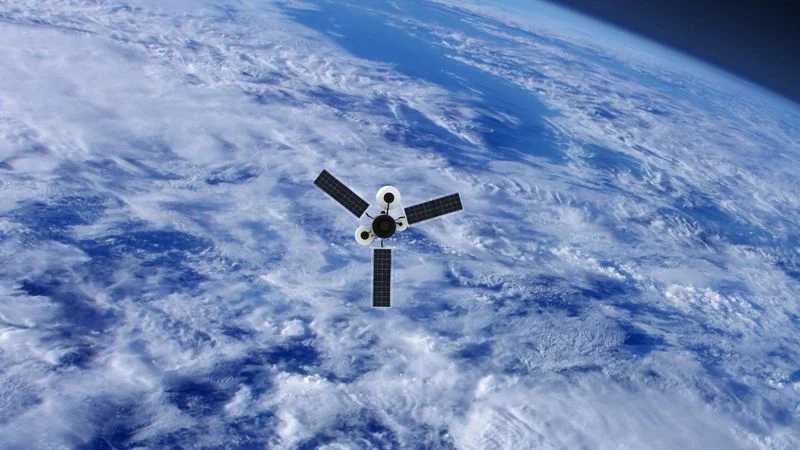
India Bolsters Security with ‘Round-the-Clock’ Satellite Surveillance: ISRO
India is significantly enhancing its national security capabilities with a network of satellites working tirelessly to safeguard its citizens. According to ISRO Chairman V. Narayanan, ten satellites are consistently monitoring critical sectors, ensuring the country's safety.
Narayanan emphasized the crucial role of satellite technology during the 5th Convocation Ceremony of the Central Agricultural University (CAU). He stated, "If we want to ensure the safety of our country, we have to serve through our satellites. We have to monitor our 7,000 km-long seashore. Without satellite and drone technology, we can’t achieve many things."

These satellites aren't just for defense. ISRO is also leveraging space technology to assist the general public in areas like agriculture, tele-education, telemedicine, television broadcasting, weather forecasting, environmental monitoring, and food security.
The chairman pointed out that India holds the top position globally in nine areas within the space sector, a testament to the nation's growing prowess. "Chandrayaan-1 mission discovered evidence of water molecules on the Moon’s surface. India was the first country to achieve this. At least 433 satellites for 34 countries have been launched from India and placed into orbit," Narayanan added.
Furthermore, India is actively collaborating with other nations on significant space projects. Narayanan highlighted that India has built satellites for G-20 countries to monitor climate change. A partnership with the US will lead to the creation of the world's most advanced earth-imaging satellite, to be launched from India.
In related developments, Pawan Kumar Goenka, chairman of the Indian National Space Promotion and Authorisation Centre (IN-SPACe), revealed plans for a constellation of 52 satellites to be launched over the next five years. This initiative will significantly enhance India's space-based surveillance capabilities, with strong participation from the private sector. These satellites will be instrumental in tracking enemy movements, monitoring borders, and improving real-time coordination for the Indian Army, Navy, and Air Force.
Comparing India’s current standing in the space sector to its situation in 1975, when satellite technology was non-existent, Narayanan predicted that India would become a leader in every field and a major contributor to global progress before celebrating 100 years of independence.
Narayanan also touched upon India's remarkable progress in food production, now exporting to many nations compared to the food-importing era of the 1950s and 1960s. This transformation, along with developments across different sectors, has resulted in a significant increase in average life expectancy and a sharp decline in mortality rates.
To inspire the next generation of space scientists and engineers, Narayanan announced opportunities for science students from northeastern states to visit the ISRO Centre in Bengaluru.
India's commitment to leveraging space technology for security, development, and global collaboration underscores its growing significance in the international arena. Will India's advancements in the space sector truly position it as a global leader in the coming decades? Leave your thoughts and comments below.